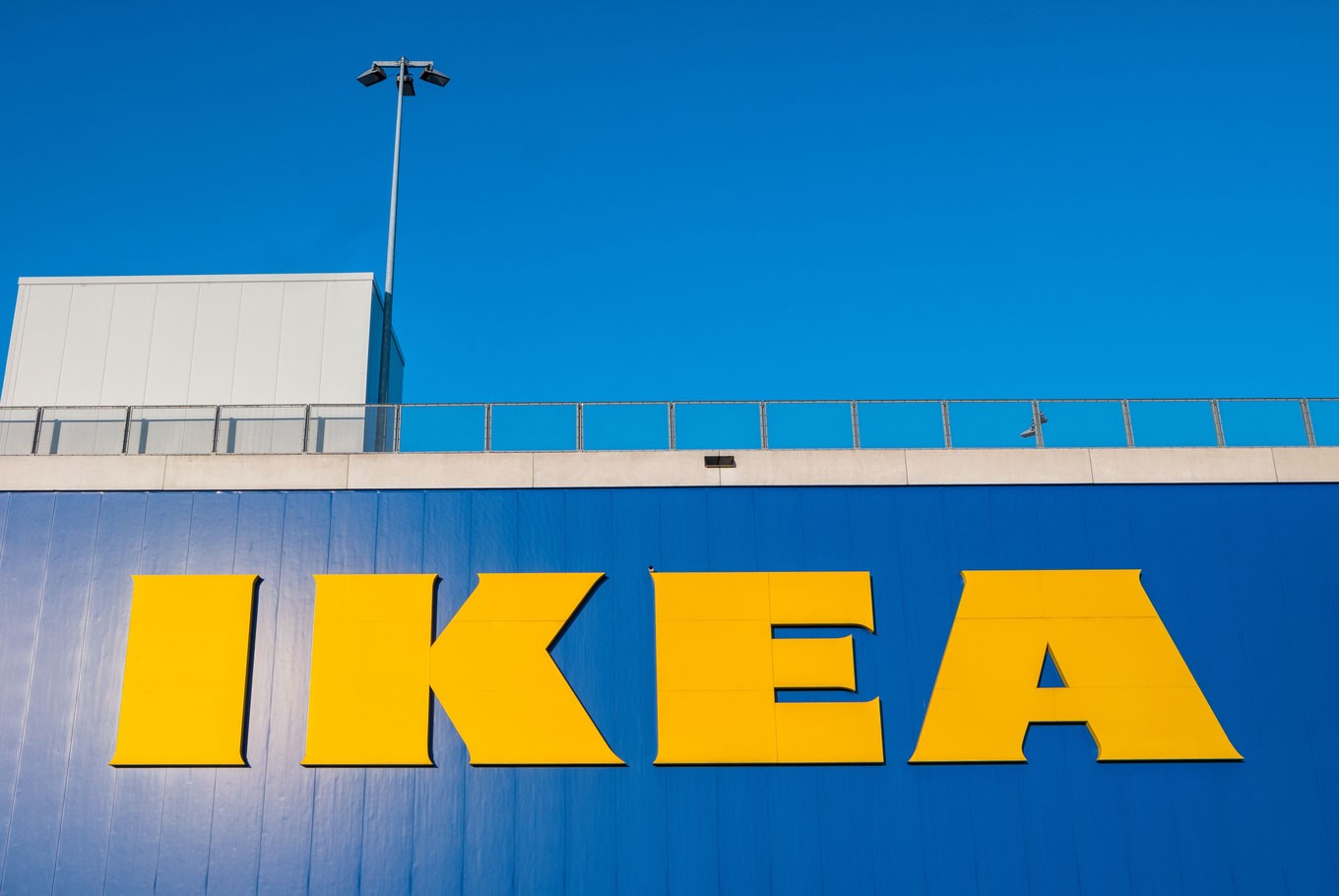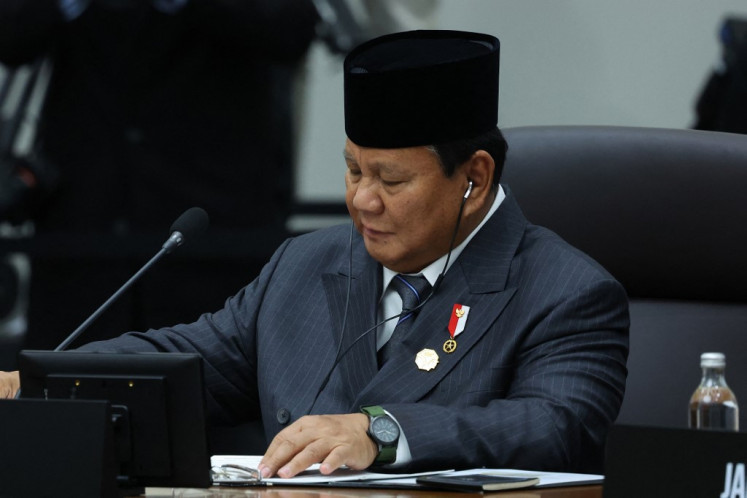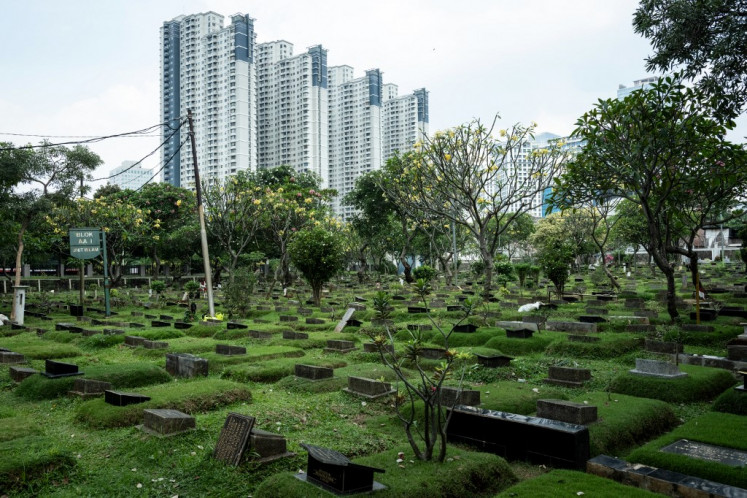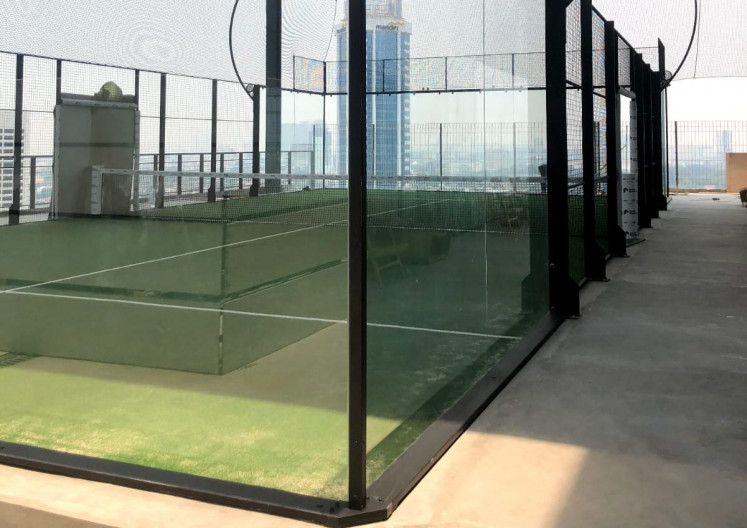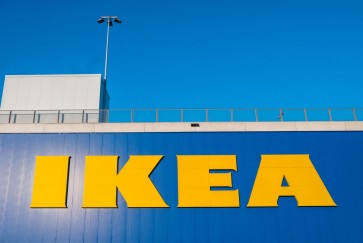Popular Reads
Top Results
Can't find what you're looking for?
View all search resultsPopular Reads
Top Results
Can't find what you're looking for?
View all search resultsTrademark law: Challenges for brand owners
Previous Indonesian trademark laws contain no clear guidelines on the protection of wellknown brands for dissimilar goods as this was passed on to a separate government regulation.
Change text size
Gift Premium Articles
to Anyone
A
mid the increasing awareness of the significance of intellectual property (IP) in today’s digital economy, we have seen some promising developments in Indonesia’s IP regulatory framework.
Within two years, the government has passed new pieces of legislation for copyright, patent, and most recently trademark protection. Although the mechanisms of IP enforcement, legal enforcement and border customs protection remain difficult, the new legislation has been muchwelcomed among Indonesia’s IP players.
The 2016 Trademark and Geographical Indications Law includes various specific provisions on geographical indications. Much has been said about the new provisions and changes in the law. This article will instead focus on some of the possible practical implications resulting from the changes, particularly the ones affecting well-known trademark protections against badfaith registrations and trademark squatters.
Despite many positives, unfortunately the new law retains some of the flaws from the previous law, which may perpetuate or even worsen the recurring issues of bad-faith registrations and trademark squatting, to the detriment of brand owners and the trademark-protection system in Indonesia.
The 2016 law simplifies the requirements and procedures of trademark registration by providing that a trademark application will be granted a filing date once all the minimum requirements (i.e. complete application form, mark label and proof of fee payment) are met.
The application will then qualify for publication in the trademark gazette for two months. A written opposition (on relevant grounds under the law) may be raised during the publication period, after which the application proceeds to the substantive examination stage.
This is a significant procedural change and in theory may speed up the registration process. However, this can also create some practical issues and unwanted implications that may aggravate the issues of bad-faith registrations and trademark squatting.

